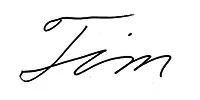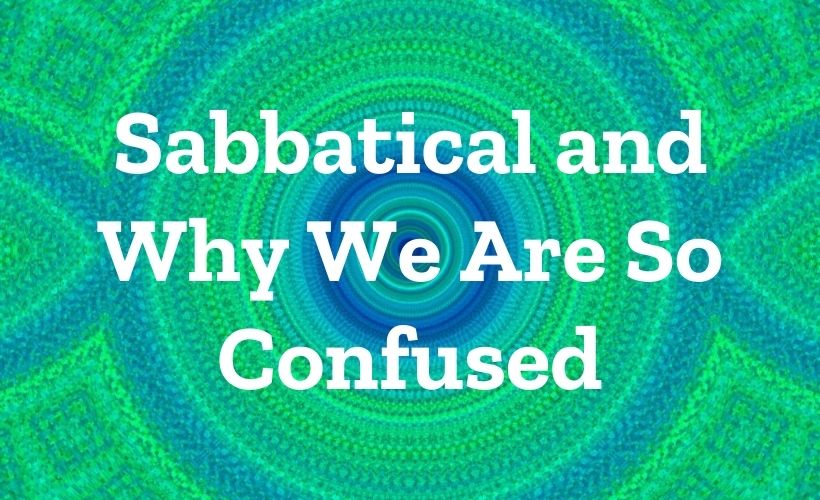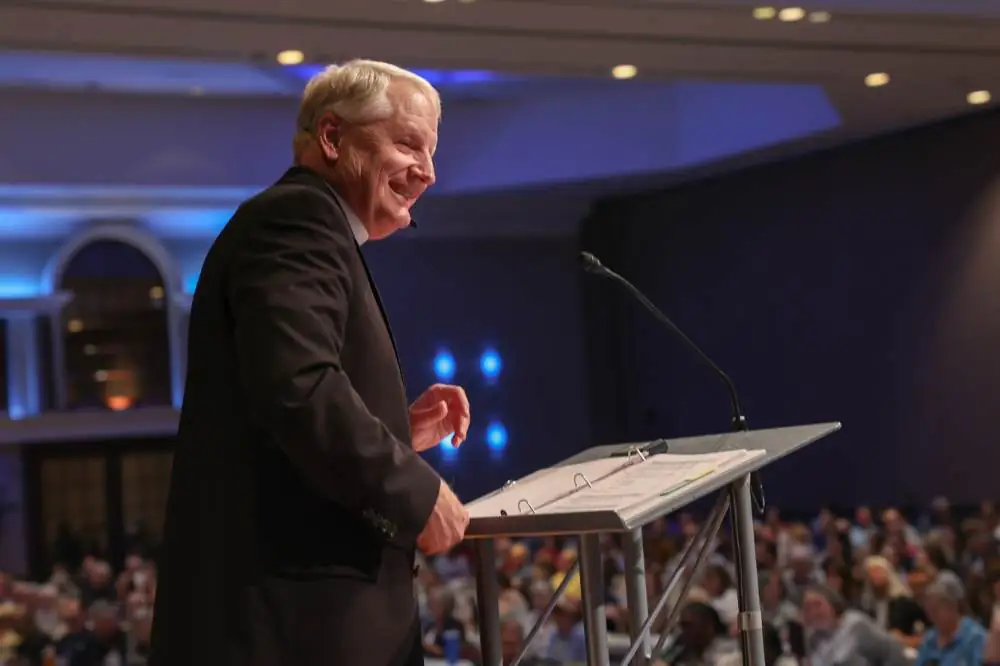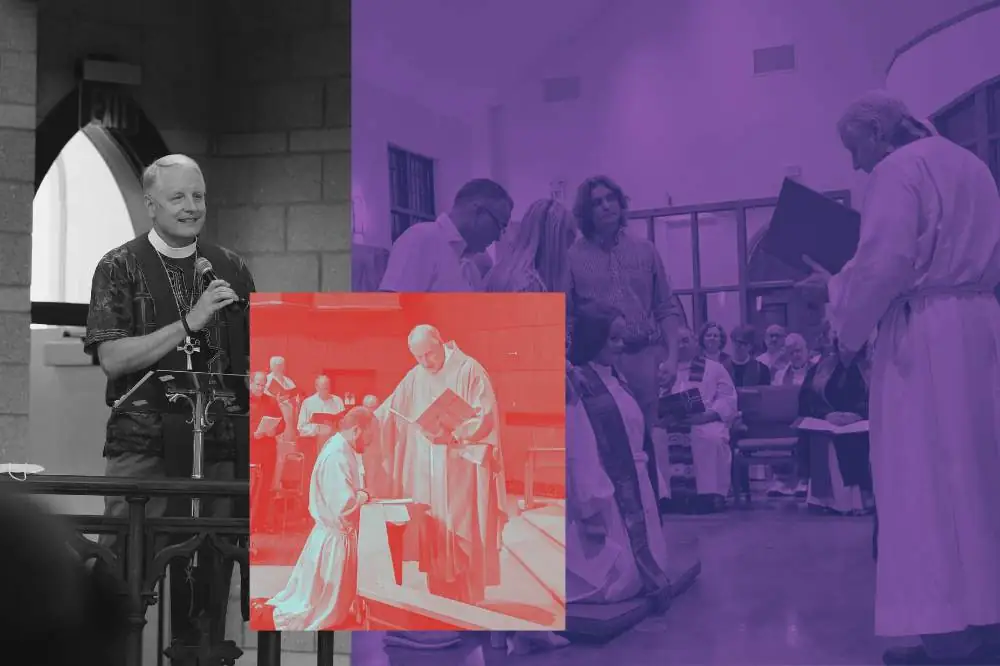And just like that, it’s August, and my July sabbatical is a memory. While sabbatical is in the NC Synod Compensation Guidelines and I missed my scheduled fall of 2015 sabbatical in Atlanta because of a Holy Spirit glitch, I’m keenly aware that sabbatical isn’t something most of our rostered ministers ever get. For that matter, few outside of academic settings ever do. I’m grateful. If not sabbatical, I hope you have had or will soon have some time away this summer to rejuvenate.
I spent a lot of time with Wendy and the children and grandchildren making up for the four months we didn’t see them mostly due to COVID-19. We spent several days on a respite retreat at Lutheridge. I had some ELCA Conference of Bishops and Region 9 conversations. I kept up with the Lenoir-Rhyne University COVID-19 class they’re offering for 10 weeks. I watched two full synod assemblies that were completely online, both of which included a bishop’s election, since we might need to do that for our bishop’s election assembly in June 2021. Wendy and I re-wrote our wills and tended to end-of-life planning like funerals and advance directives. Everybody should do that. Turning 60 followed by a pandemic is great incentive.
I enjoyed keeping up with the synod’s “Moments with Matthew” summer Bible readings. Like you, I keep watching the dominoes fall. Since June 30, we’ve learned of cancellation of the NC Synod Fall Professional Leaders’ Convocation, postponement of the 2021 ELCA Youth Gathering to 2022, and cancellation of in-person ELCA Conference of Bishops in October and Academy of Bishops (annual continuing ed) in January of 2021. I’ve watched COVID-19 and racism surge, politics reach new levels of absurdity, and manipulators skillfully and insidiously drive the wedge dangerously and intentionally close to severing the last sinews holding American culture, civility, and hope together. I’ve watched a lot of church services and felt renewed and amazed at the faithfulness of each one. All that caused me to think and pray a whole lot as to what might be the most faithful ways forward as church together.
Philosophically and theologically, I am struck by the simple truth that the assumptions we hold as “givens” and foundational truths will in fact determine where we land on so much that troubles us in 2020. This American experiment was never really at its core a Christian one. No, Christianity emerged from Judaism, and in Judaism community, not the individual, is the primary identity and value. In Christianity, humanity is feeble and without hope—in short, in need of a savior. Sin and death stand as huge obstacles that make our hope impossible. Jesus forgives our sin and promises us eternal life. Despite the popular deluge of “You are enough ” theology, Christianity as revealed in the New Testament would say that though you are of infinite worth to God, enough for God to send Jesus, apart from Jesus, we are nothing. We might even say that without Jesus “we are captive to sin and cannot free ourselves.” Jesus is enough. It is our being cemented to Jesus in baptism that gives us hope. But me? Apart from Jesus, I’ve got nothing. Sin, curved in on self, and death, will win.
Not so with the Enlightenment, a resurgence of the ancient Greek—not the Hebrew—perspective on the essence of being human. In that world, you are indeed enough. In fact, you have no need of confession, no need of forgiveness. In fact, the divine resides inside each one of us. Our curved-in-on-selfness isn’t to be lamented but celebrated! God is a divine watchmaker who perhaps set the whole creation with all its natural laws in motion once but ever since is disinterested and distant except for that internal divine spark for which it is our job to fan into flames. God is in you. You are God. Knowledge is everything.
Why does this matter? We are Christians. Lutherans, even—the most depraved, grace-dependent of all! But many of the key founders of this country were Deists. They believed in that creator-God, but not in the divinity of or even the need for Jesus as Savior. Who needs a Savior when God is living right inside of us? Not George Washington, Thomas Jefferson, Ben Franklin, Thomas Paine, John Adams, and more. One of the reasons they were so insistent on the non-establishment of religion was their having been forced by established religion to practice Christianity while philosophically and practically rejecting basic orthodoxy. For the Enlightenment disciple, the individual is the primary, not community. As Henley wrote in Invictus, “I am the master of my fate. I am the captain of my soul.” Not God. I am.
No wonder 250 years later American Christians are swirling in identity crisis! We’re hybrids, at best. We value and insist on the rights of the individual above most anything else, but we also value as followers of Jesus the needs of others, the good of the whole—community. I, at least, believe that it is this split personality of Deistic Enlightenment/Orthodox Christianity that is core to our culture, political, religious, and media (social and traditional) wars. The convictions that spring from our trying to be like Jesus inevitably affects and informs our involvement in “politics,” which as Samuel Wells states, is merely “the process of our striving to resolve our conflicts short of violence.” We have lots of “political” decisions to make in the swirl of 2020 challenges that threaten us all. Our conviction is in Jesus, our action is political.
Remember those memes (incorrectly) attributed to Dr. Fauci? “I don’t know how to explain to you that you should care about other people?” (The quote was from a June 2017 Huffington Post article and had appeared as a tweet by Lauren Morrill that previous January in the context of debate over the Affordable Care Act). As Christians, we welcome the opportunity to explain and engage in just that—caring for other and all people. We’ll start with Jesus, the Jew, whose deep care for others and the whole community is the intention of creation and the one way finally to live together in peace and hope.
Walking with you,





